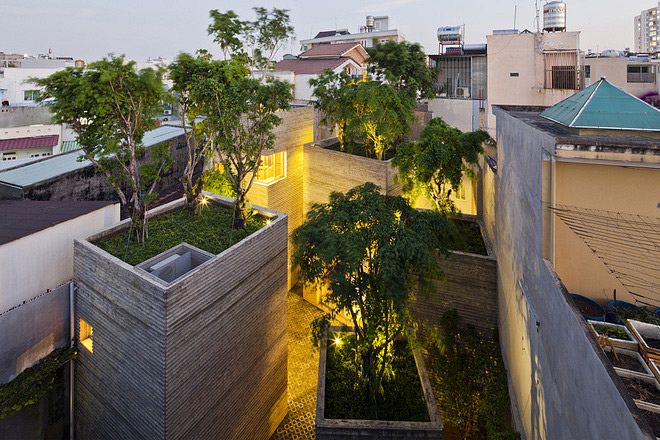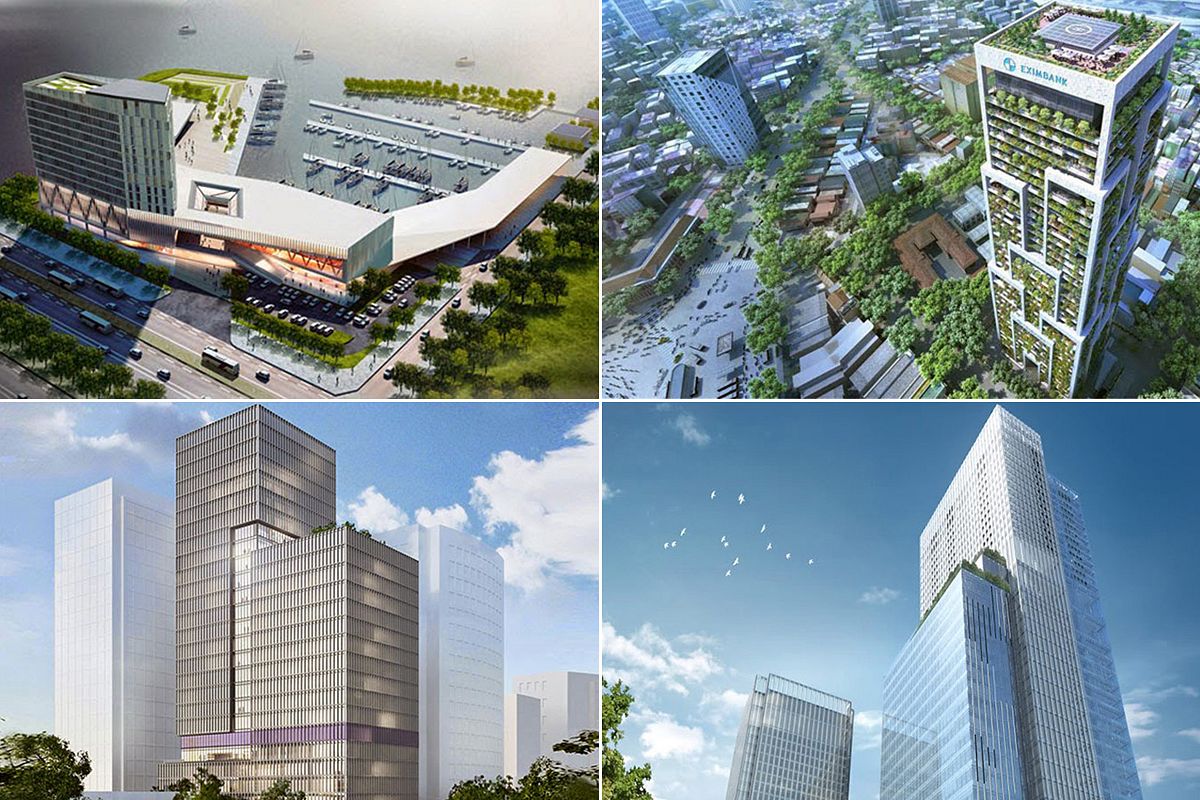With urbanization rapidly taking hold in Vietnam, its cities have had a difficult time providing the necessary infrastructure to accommodate it. Flooded alleys, dirt roads and polluted creeks all have an impact on the quality of life for urban residents.
Related Articles:
- A Tale of Two Cities: HCMC and Rotterdam Team up to Battle Climate Change
- HCMC to Build 30 Lakes to Prevent Flooding
- [Photos] Massive Flooding Turns HCMC Streets Into Rivers, And It's Just The Beginning
To address these issues, over the past decade the World Bank implemented The Vietnam Urban Upgrading Project which “upgraded 200 low-income neighborhoods and related primary and secondary infrastructure, benefiting 7.5 million people,” according to the international bank’s website.
It should be noted that there are plenty of good reasons to criticize the World Bank. Academics, such as the late social policy professor, Peter Townsend, have taken issue with the bank’s neo-liberal policies which he said have meant focusing on getting rich quick and resulted in “…exploiting many millions on the lowest incomes and failing to satisfy their basic human rights.”
Deborah Doane, the former director of the World Development Movement has echoed these criticisms:
“Throughout the 1990s and 2000s, poor countries sold off vital agricultural lands, prioritising export-led growth (where mainly big companies survive) over feeding their own people, alongside privatising public services.”
So while the bank has funded successful programs like The Vietnam Urban Upgrading Project, it may not be all unicorns and rainbows when it comes to the organization's influence over the economic policies of developing nations.














